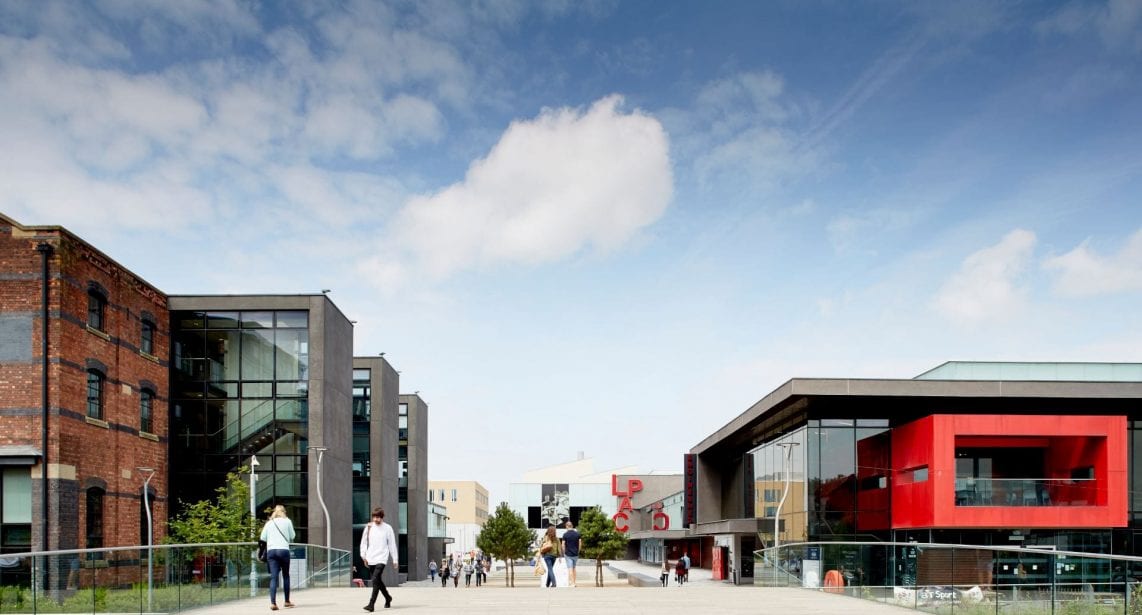Hello! My name is Hope Willliard, and I am an Academic Subject Librarian at the University of Lincoln. I currently support the School of History and Heritage and the School of Performing Arts. I am also an Associate Lecturer in the School of History and Heritage. Welcome to my 23 Things for Digital Knowledge Blog!
For those who might be encountering 23 Things for the first time, let me share what I know so far: it is a free, open, self-directed online course developed by Stephanie (Charlie) Farley at the University of Edinburgh, designed to expose participants to digital tools which may help them in the professional or academic lives. Each of the 23 things comes will a particular prompt, which I will respond to in a post. In this first post, I will explain my reasons for participating in the programme and give an overview of social media policies at my institution, the University of Lincoln.
wHY aM I DOING THIS?
I have taught at universities in the UK since 2014 and have worked as a librarian since 2017. One of the thing I have found common to both areas of work is that being able to work, study, and socialise online is an important part of the lives of students and staff alike. I am participating in the course to make sure I am familiar with the different online environments and digital skills available, and to find and fill in gaps in my own knowledge. I am also keen to set myself a regular reflective writing task because I am working towards a Higher Education Academy Fellowship.
sOCIAL MEDIA POLICIES IN LINCOLN
The second part of the prompt for the post asks participants to find and reflect on their institution’s social media policies. University has policies for staff and students, which are broadly similar in outline, with some interested differences between them. One of these is length: the policy for students is significantly longer (11 pages) than the policy for staff (7 pages). This seems in part to be because students are offered guidance on use of social media in their personal lives as well as their education. The student policy can be found via a simple google search: ‘university of Lincoln student social media policy’ brings one directly to the Student Services Policy and Procedures page. By contrast, the staff policy can only be found via the Portal, which is password-protected.
I was aware of the student policy, in a vague way, through the library’s contact with the Student Wellbeing service. I probably received an internal communications email about the staff policy at some point, but it has made a fairly vague impression. Mandatory e-learning training modules for staff touch on social media but none focus on it specifically. The policies focus heavily on staff and students as representatives of the University; particularly for staff, focus on exercising what it calls ‘sound judgement and discernment’, and not accidentally causing problems.
As I will be discussing the higher education sector, work as an associate lecture, and work as an academic subject librarian, per the University of Lincoln social media policy I should add the following disclaimer: ‘The views I express here are mine alone and do not necessarily reflect the views of my employer.’

Hi, this is a comment.
To get started with moderating, editing, and deleting comments, please visit the Comments screen in the dashboard.
Commenter avatars come from Gravatar.
Hi and welcome to the course. 🙂 Good luck with your HEA fellowship too, I’ve recently achieved the SFHEA and found the process really quite useful. I know that some participants on this 23Things course have used their blogs to demonstrate CPD evidence, so that may be useful too. 🙂
Congratulations on your SFHEA achievement! And many thanks for your good wishes.